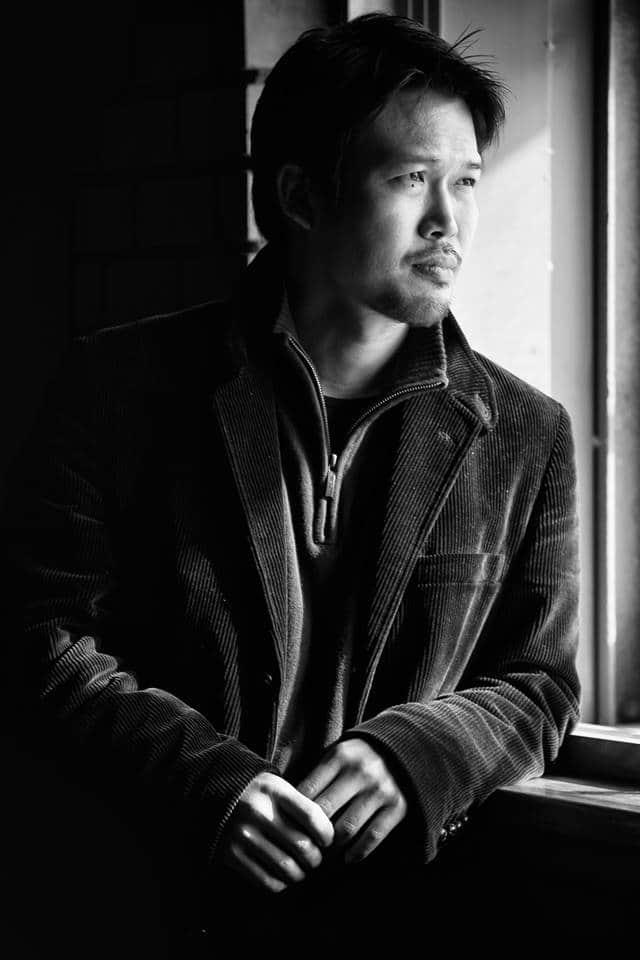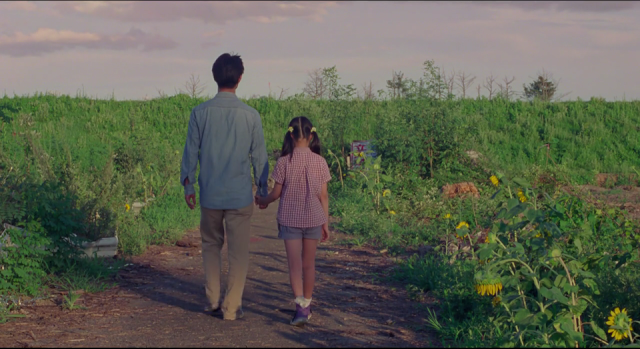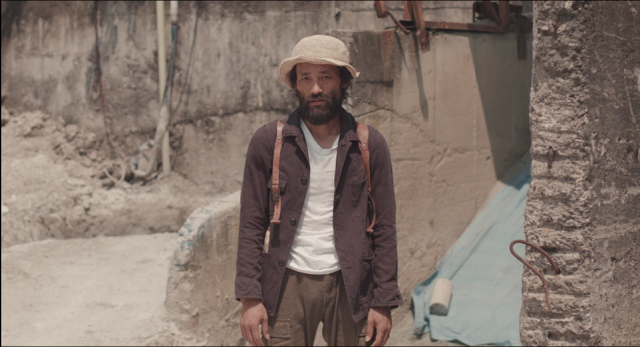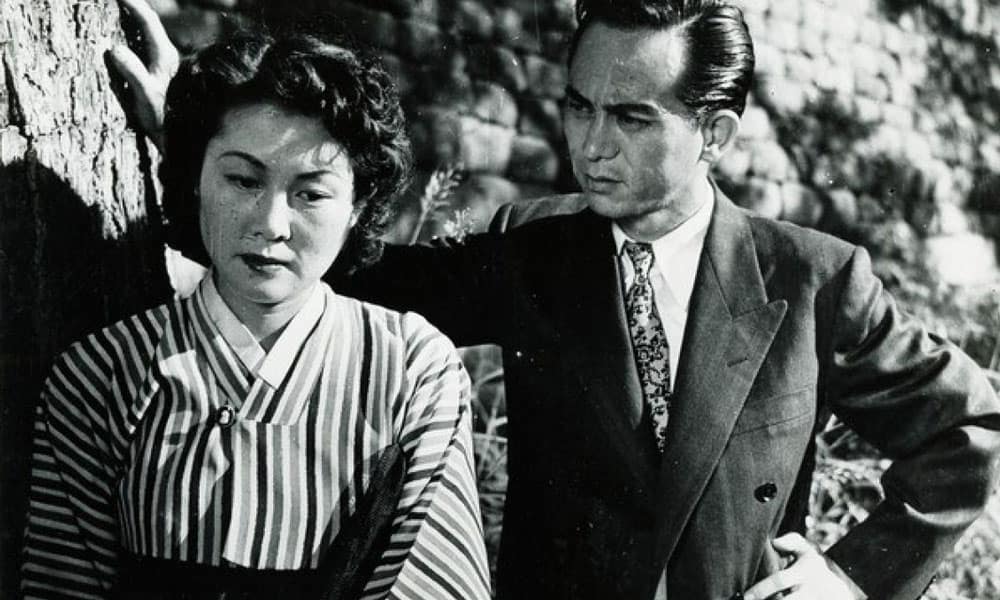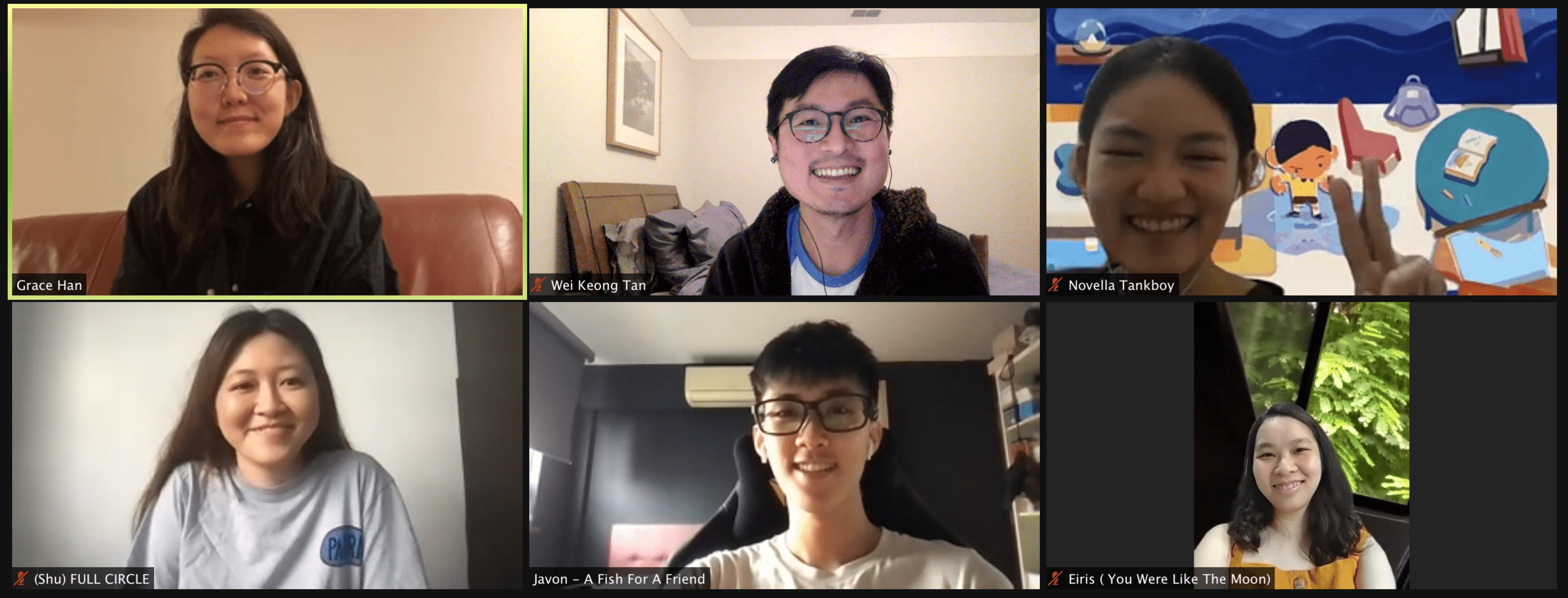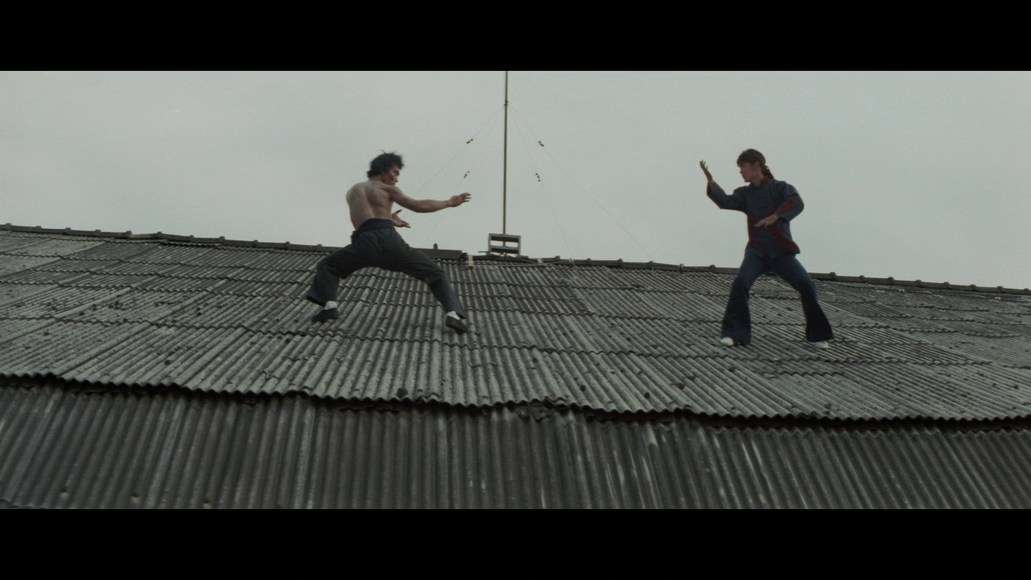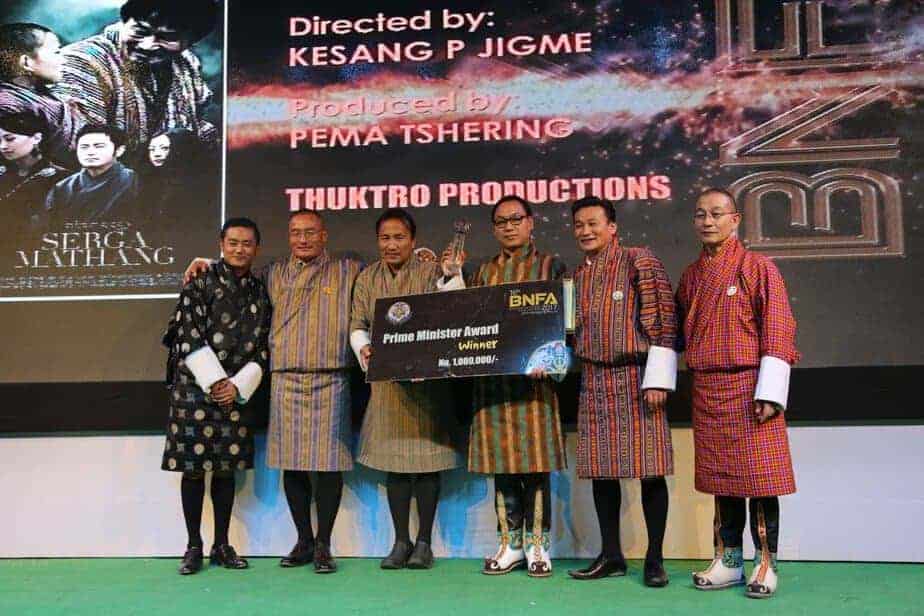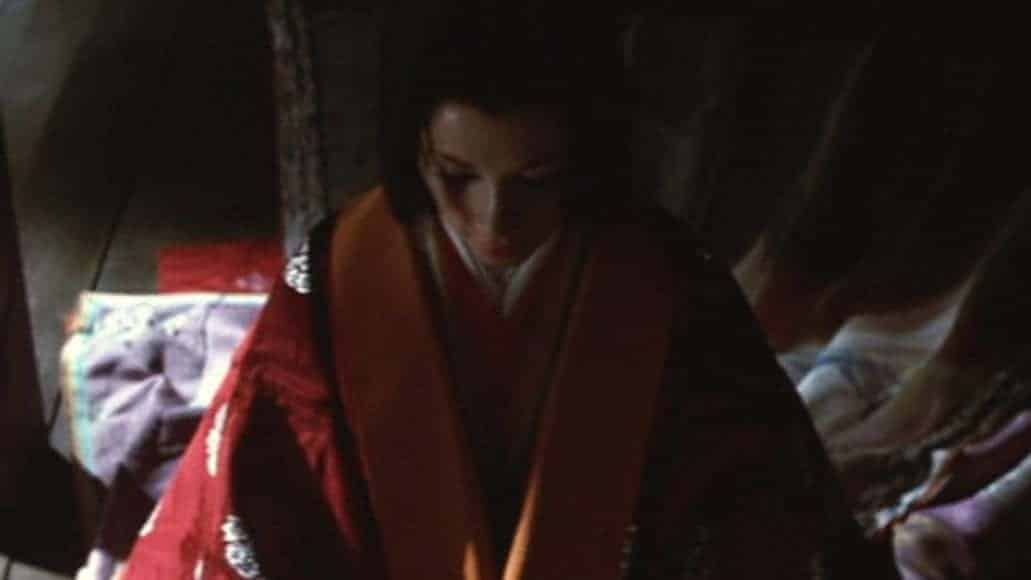The interview was initially conducted on October 2017
Yosuke Takeuchi, born in 1978, studied at the Shibaura Institute of Technology and then went to Paris to study painting. He won the Jury Special Award at the exhibition of the Académie de Port-Royal in 2003. In 2006, he directed his first short film “Segutsu”. “The Sower” is his first feature length film.
We speak with him in detail about the film and its messages, Suzuno Takenake, Japanese cinema, and many other topics
In choosing to write and direct your first feature, did you enjoy one process more than the other, and would you like to keep the same creative control in your future films?
Writing a scenario is always difficult. I rewrote it many times before I was able to start filming. Compared to that, filming is only within a certain period of time so the difficulty passes by quickly. When you look back on it, writing the scenario and filming is both a very fun process but the editing process is the most exciting for me.
I think I will write the scenarios for the pieces I direct in the future. Deciding how the story will be told starts from the scenario, so I believe that this process cannot be avoided.
With the film being partially inspired by the life of Vincent Van Gogh, can you elaborate on what drew you to this figure and how you feel it influenced your film?
Mitsuo's character takes after Vincent Van Gogh's honest personality such as his sincere attitude towards life and the hardships that came with it. The elements of Van Gogh's life, of trying to take on the suffering of others (influenced from Christianity) can be seen in Mitsuo's life, too.
“If Gogh didn't have the artistic skill of painting, if he was born in modern Japan,” the story began from these notions. The brotherhood of Vincent and his little brother Theo also lies at the heart of this film.
How would you compare the family in your film to that of the modern Japanese family, and do you feel their reaction to the loss of a kid is unique?
Human's basic personality is formed in the family. In “The Sower,” the little girl Chie's personality becomes distorted after the birth of her little sister Itsuki, who has Down syndrome. This comes from the influence of the change between her parents, rather than the influence from her little sister. Seeing her parents' fights, sorrows and the overprotection towards Itsuki, Chie unconsciously starts to bear Itsuki malice. Although she loves her down syndrome sister, who is like an angel, she starts to hold an unconscious hatred towards her.
This could happen in any family around the world and not just in Japan. The actions of one's parents could unconsciously crush a child's heart.
However, the story in the film is mere fiction and the events and emotions are one example, and some parts may be exaggerated.
Mitsuo's choice to protect Chie, after lying about what happened to his niece, causes him a lot of inner turmoil. Do you interpret this choice as a weakness or a strength of the character?
Mitsuo's decision comes from his kind personality, which went too far. He was the one who felt the most responsible for his down syndrome niece. Even if it wasn't him who killed her directly, he was there. (Legally, the responsible guardian in this situation is Mitsuo Also, Chie, who is under 14 years old, would not be questioned for responsibility due to the Japanese criminal law.)
In contrast, Chie puts the fault of killing her loving sister to her uncle and is not punished. The pain of not being able to tell the truth grows bigger as time passes by. Mitsuo was the one who understood Chie's pain the most. He prays for Chie and Itsuki and everyone around them, and takes action.
The issue of mental health is handled in a tactful manner. What led to your confident handling of the subject matter?
You have to be very careful when you illustrate something emotional or psychological. This is because there is a risk that it can become subjective. Some people believe that a piece of work shows the creator's personality, but I cannot agree with that. The characters in the movie live beyond the intention of the creator. Just as the personality of people in the real world changes depending on the situation, place and who they are with, there is a possibility that the personality of the characters in the movie will be distorted from just a small trigger.
Suzuno Takenake gives a memorable performance as Chie, can you please discuss the methods you used to get a strong performance from the child actor? In general, can you describe the casting process for the film?
I was so fortunate to be able to cast Suzuno Takenaka as the child actor. I think Chie was a difficult character to play in a first movie and in a leading role.
She was a child who knew how to act this role by intuition. Chie's character was not easy to understand just by explaining. The situation she is in is exceptional, and even an adult would have difficulty understanding what is going on in Chie's mind. So I did not let Suzuno Takenaka to read the whole scenario. I believed in her intuition. After the scene of the accident, at the beginning of the story, I explained about Chie's emotions and situation, one scene at a time. Of course, almost all of the scenes had to be taken, in order for this to work. In the end, this worked very well, but I don't know if it had been the same if it was not her.
I actually do not know very well about how the casting process works. This was my first feature movie and an independent film, and the I only had a small budget. But even in that situation, I did my best to choose the best actor for the scenario. Using good actors doesn't necessarily mean that they fit the role, so I think it is important to know about the actor's characteristics as much as possible. The casting for this movie was by audition with the help of a great casting manager and connections from people I knew. By the time I was able to set up the audition, it was already just a month before shooting. We could not rehearse much beforehand, but I think this had its pros and cons. Especially for child actors, if you do too much rehearsals, the enthusiasm may fade away. Actors also have different personalities so there is a need to change the technique each time.
What is your opinion of Japanese cinema at the moment?
A lot of people have spoken about the problem of modern Japanese films, but a big problem is that the Japanese society lacks funding systems that support arts and culture, including films. Another problem is the fact that the big film companies dominate the distribution. There is no system in Japan like that of a patron in the United States. In a situation like this, it is difficult to make films that we desire. In result, films that have a big budget tend to become those that would be preferred by the wide audience and make money. On the other hand, independent films which are forced to be taken under little budget, cannot be filmed with satisfactory conditions and result in severe work. Under these situations of the Japanese film society, it would be difficult to make films that could be spread to the world. Our team worked hard to get rid of these problems as much as possible and aimed to make a good film.
Which are your favorite films/directors?
There are so many wonderful directors and films that it is difficult to answer, but it is very sad that many of the great directors had passed away in the past decade.
What are your plans for the future?
I would like to make a collaboration film with other Asian countries or European countries. I am writing the scenario for my next piece at the moment.


